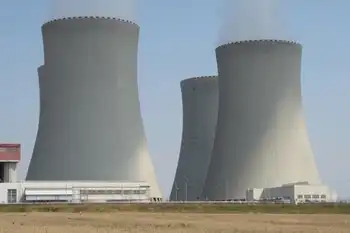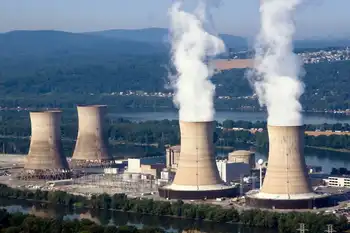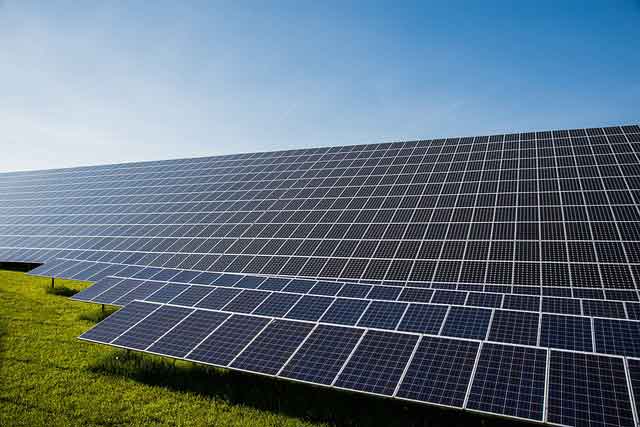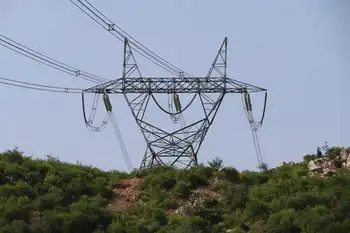Belgium buys HungaryÂ’s greenhouse emissions rights
LONDON, ENGLAND - Belgium has bought rights from Hungary to emit 2 million tonnes of greenhouse gas, both environment ministries said, through a government-level emissions trading scheme that critics dismiss as "hot air."
The terms of the deal, under the United Nations' Kyoto Protocol, were not disclosed, but spokeswomen of both ministries confirmed the credits and funds hade been transferred.
The Kyoto Protocol allows industrialized countries to meet greenhouse gas targets by buying emissions rights from each other or from clean energy projects in developing nations.
One scheme under the treaty allows industrialized countries that are comfortably below their emissions targets to sell the difference to other industrialized nations, in a trade that is not necessarily related to any emissions cuts.
Critics have dubbed these surpluses "hot air credits," saying this is just a cheap way for countries to meet commitments under Kyoto.
Such criticism has forced governments to introduce binding clauses to the deals that force the seller to re-invest proceeds in low-emissions technologies.
Transactions that carry this caveat are known as Green Investment Scheme agreements.
"Hungary is among the first countries (involved in) the selling of the Kyoto units and the Green Investment Scheme," said Imre Szabo of Hungary's Ministry of Environment and Water.
Hungary said it will invest proceeds in energy efficiency in residential and public sector buildings.
"The (transaction) price is confidential as this was a private agreement between the two parties," a spokewoman for Belgium's Ministry of Climate and Energy told Reuters.
A spokeswoman for Hungary's Ministry of Environment and Water added that it did not want to influence Hungary's negotiations with other countries by revealing price details.
The majority of surplus rights under Kyoto, also called AAUs, are held by former communist countries whose emissions dropped significantly in the 1990s.
Other countries including Latvia, Russia and Poland are said to be in similar talks with industrialized nations like Japan, Spain and Ireland.
Hungary is well within its targets under Kyoto and can potentially sell over 100 million AAUs by 2012, each one allowing other countries to emit a tonne of carbon dioxide.
Related News

Ontario's electric debacle: Liberal leadership candidates on how they'd fix power
TORONTO - When Kathleen Wynne’s Liberals went down to defeat at the hands of Doug Ford and the Progressive Conservatives, Ontario electricity had a lot to do with it. That was in 2018. Now, two years later, Ford’s government has electricity issues of its own.
Electricity is politically fraught in Ontario. It’s among the most expensive in Canada. And it has been mismanaged at least as far back as nuclear energy cost overruns starting in the 1980s.
From the start Wynne’s government was tainted by the gas plant scandal of her predecessor Dalton McGuinty and then she created her own with the…




